How Monarch lost its crown
Brexit, terrorism and a cut-throat market are blamed for the airline’s collapse
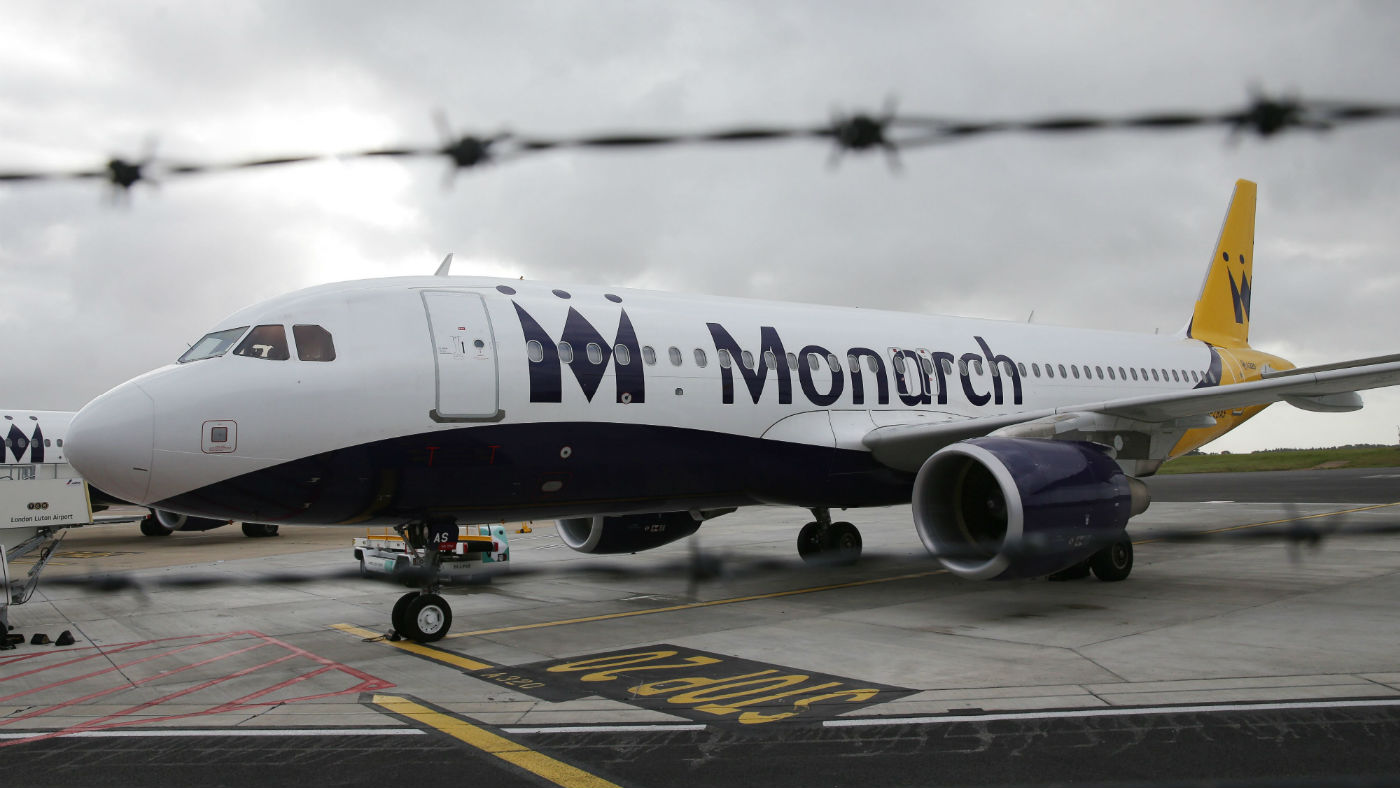
A free daily email with the biggest news stories of the day – and the best features from TheWeek.com
You are now subscribed
Your newsletter sign-up was successful
The UK’s fifth-biggest airline went into administration on Monday as a “perfect storm” of terrorist attacks, travel warnings and the fall in sterling left Monarch Airlines unable to compete in the aggressive tour operator market.
Chief executive Andrew Swaffield said the “root cause” of the airline’s decline was a combination of terrorist attacks in Egypt and Tunisia, and the “decimation” of Turkey following last year’s attempted coup.
The volatility deprived Monarch of a “large chunk” of its annual revenues, says the BBC, and forced it to compete instead on congested routes to Spain and Greece.
The Week
Escape your echo chamber. Get the facts behind the news, plus analysis from multiple perspectives.

Sign up for The Week's Free Newsletters
From our morning news briefing to a weekly Good News Newsletter, get the best of The Week delivered directly to your inbox.
From our morning news briefing to a weekly Good News Newsletter, get the best of The Week delivered directly to your inbox.
The switch led to a “price war in the Med”, in the words of Transport Secretary Chris Grayling. Despite a gradual shift from chartered to scheduled flights, Monarch, which employed around 2,100 people, was no match for the “Big Two” tour operators, Tui Travel and Thomas Cook Group, and its focus on customer service and comfortable journeys failed to beat the lure of flights for a tenner.
Unite, the union representing Monarch’s engineers and cabin crew, said potential investors and buyers were spooked by Brexit uncertainty, and accused the UK of “sitting on its hands” while Monarch went bust rather than offering a loan like the one Air Berlin received from the German government, The Guardian says.
Meanwhile, the drop in sterling after the Brexit vote left Monarch paying £50m a year more for fuel and aircraft.
Monarch’s demise gives its rivals breathing space - for now. Shares in Ryanair, International Airlines Group and easyJet rose sharply in early trading on Monday, and the Daily Star reports that Ryanair was eyeing Monarch’s pilots to fill its own depleted rosters.
A free daily email with the biggest news stories of the day – and the best features from TheWeek.com
However, the reprieve may only be temporary. Air Berlin and Alitalia both filed for insolvency this summer after struggling to compete in the fractured, cut-throat European market.
-
 Quentin Deranque: a student’s death energizes the French far right
Quentin Deranque: a student’s death energizes the French far rightIN THE SPOTLIGHT Reactions to the violent killing of an ultra-conservative activist offer a glimpse at the culture wars roiling France ahead of next year’s elections.
-
 Secured vs. unsecured loans: how do they differ and which is better?
Secured vs. unsecured loans: how do they differ and which is better?the explainer They are distinguished by the level of risk and the inclusion of collateral
-
 ‘States that set ambitious climate targets are already feeling the tension’
‘States that set ambitious climate targets are already feeling the tension’Instant Opinion Opinion, comment and editorials of the day
-
 Ryanair/SpaceX: could Musk really buy the airline?
Ryanair/SpaceX: could Musk really buy the airline?Talking Point Irish budget carrier has become embroiled in unlikely feud with the world’s wealthiest man
-
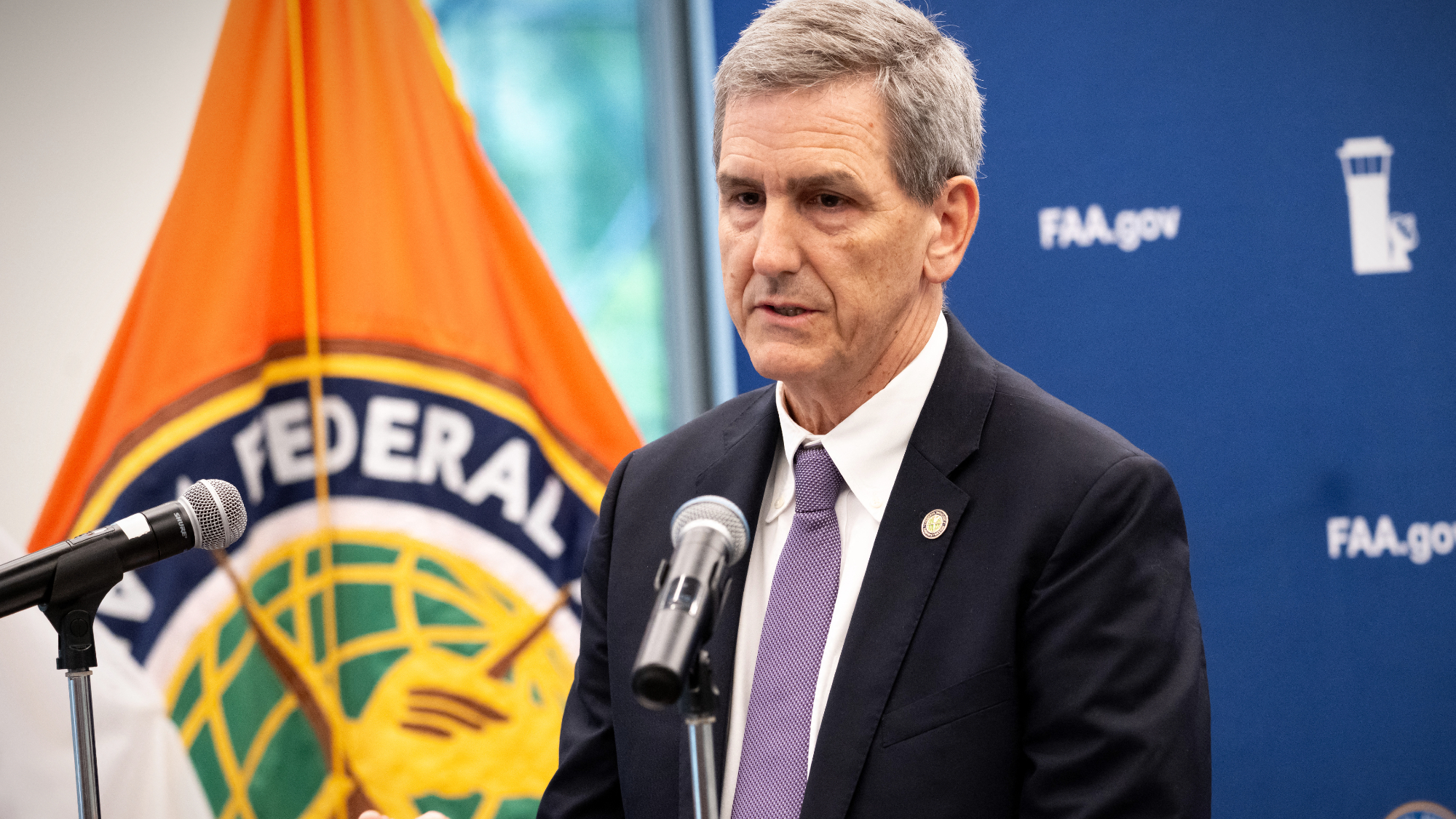 Boeing releases safety plan to skeptical FAA
Boeing releases safety plan to skeptical FAASpeed Read The Federal Aviation Administration demanded the plan after a door blew out on a Max 737 flight
-
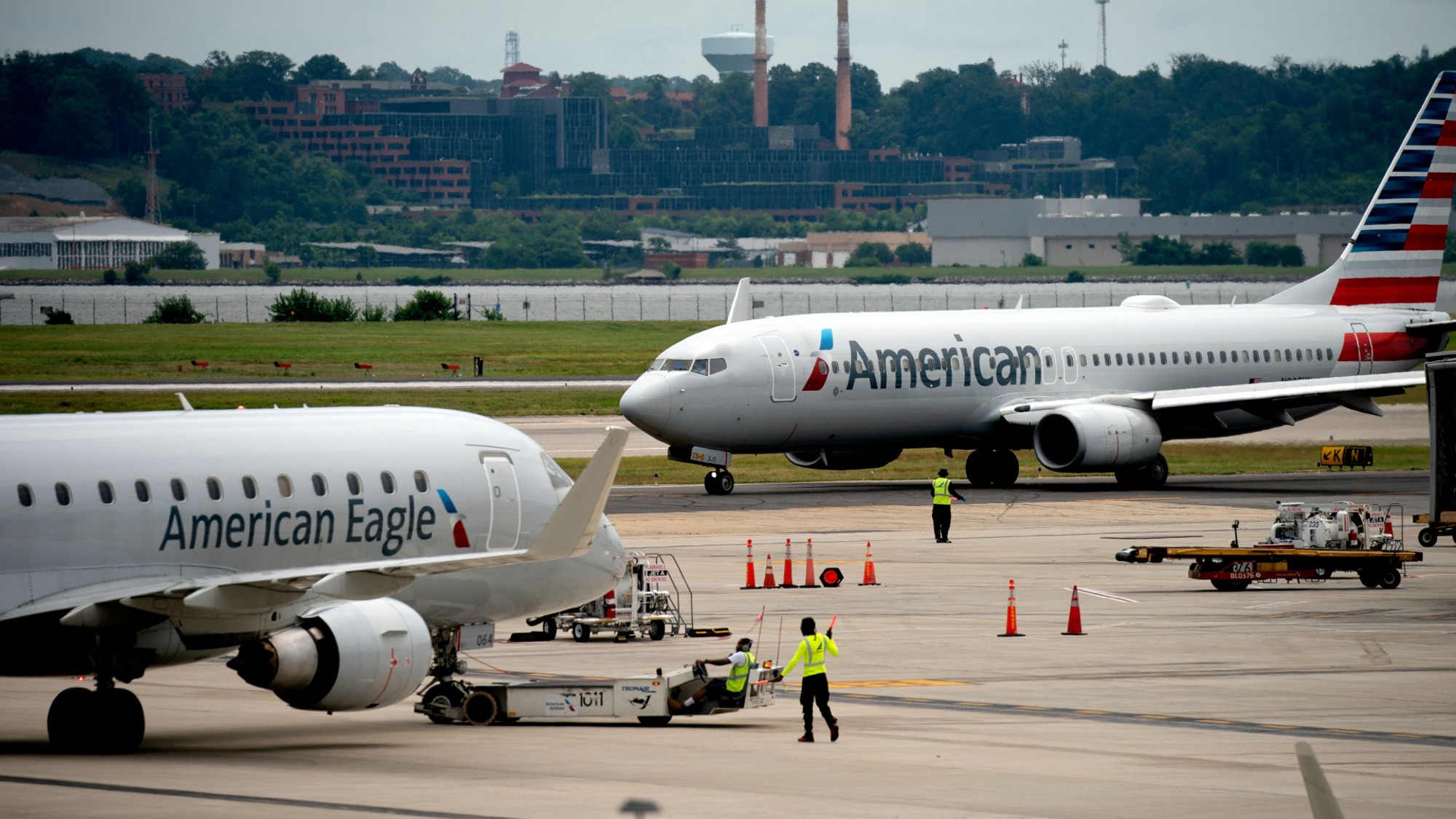 American Airlines pilots are warning of a 'significant spike' in safety issues
American Airlines pilots are warning of a 'significant spike' in safety issuesIn the Spotlight The pilot's union listed 'problematic trends' they say are affecting the airline's fleet
-
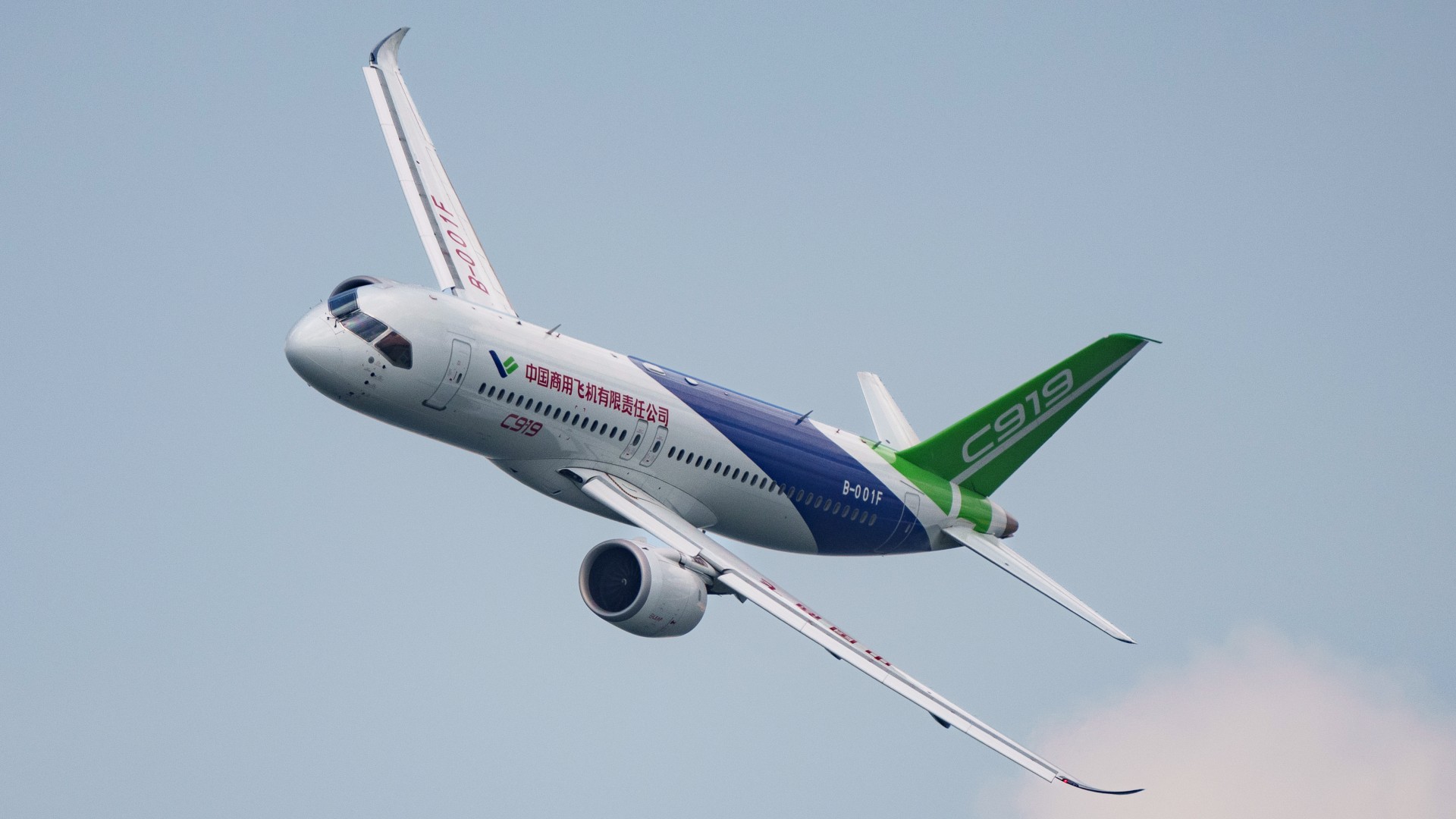 Boeing's problems have become an opportunity for China's plane manufacturer
Boeing's problems have become an opportunity for China's plane manufacturerUnder the Radar COMAC is looking to pass both Boeing and Airbus in the international market
-
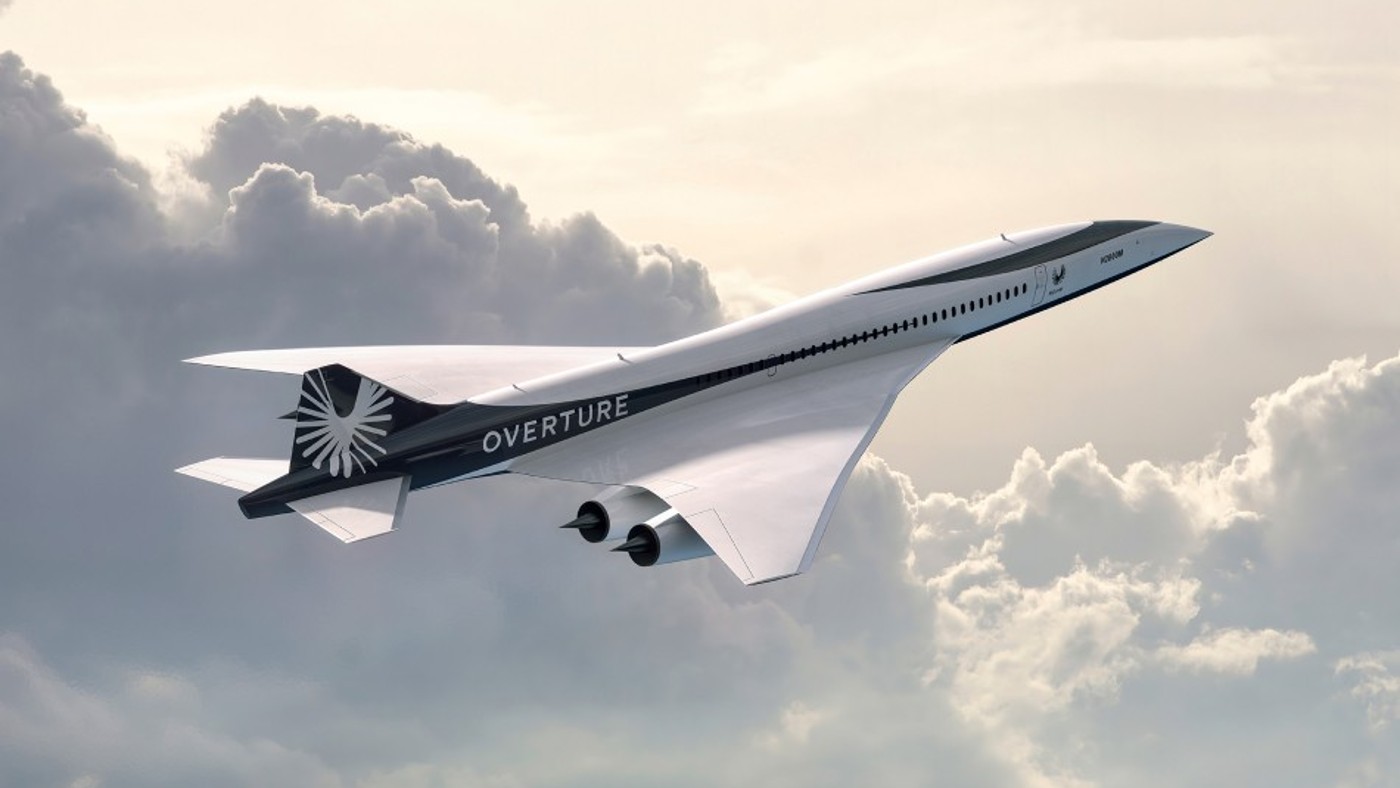 Boom Supersonic: is the ‘son of Concorde’ just a fantasy?
Boom Supersonic: is the ‘son of Concorde’ just a fantasy?Under the Radar Claims of profitable ‘ultrafast jet travel’ have been met with ‘intense industry scepticism’
-
 Labour shortages: the ‘most urgent problem’ facing the UK economy right now
Labour shortages: the ‘most urgent problem’ facing the UK economy right nowSpeed Read Britain is currently in the grip of an ‘employment crisis’
-
 Will the energy war hurt Europe more than Russia?
Will the energy war hurt Europe more than Russia?Speed Read European Commission proposes a total ban on Russian oil
-
 Will Elon Musk manage to take over Twitter?
Will Elon Musk manage to take over Twitter?Speed Read The world’s richest man has launched a hostile takeover bid worth $43bn